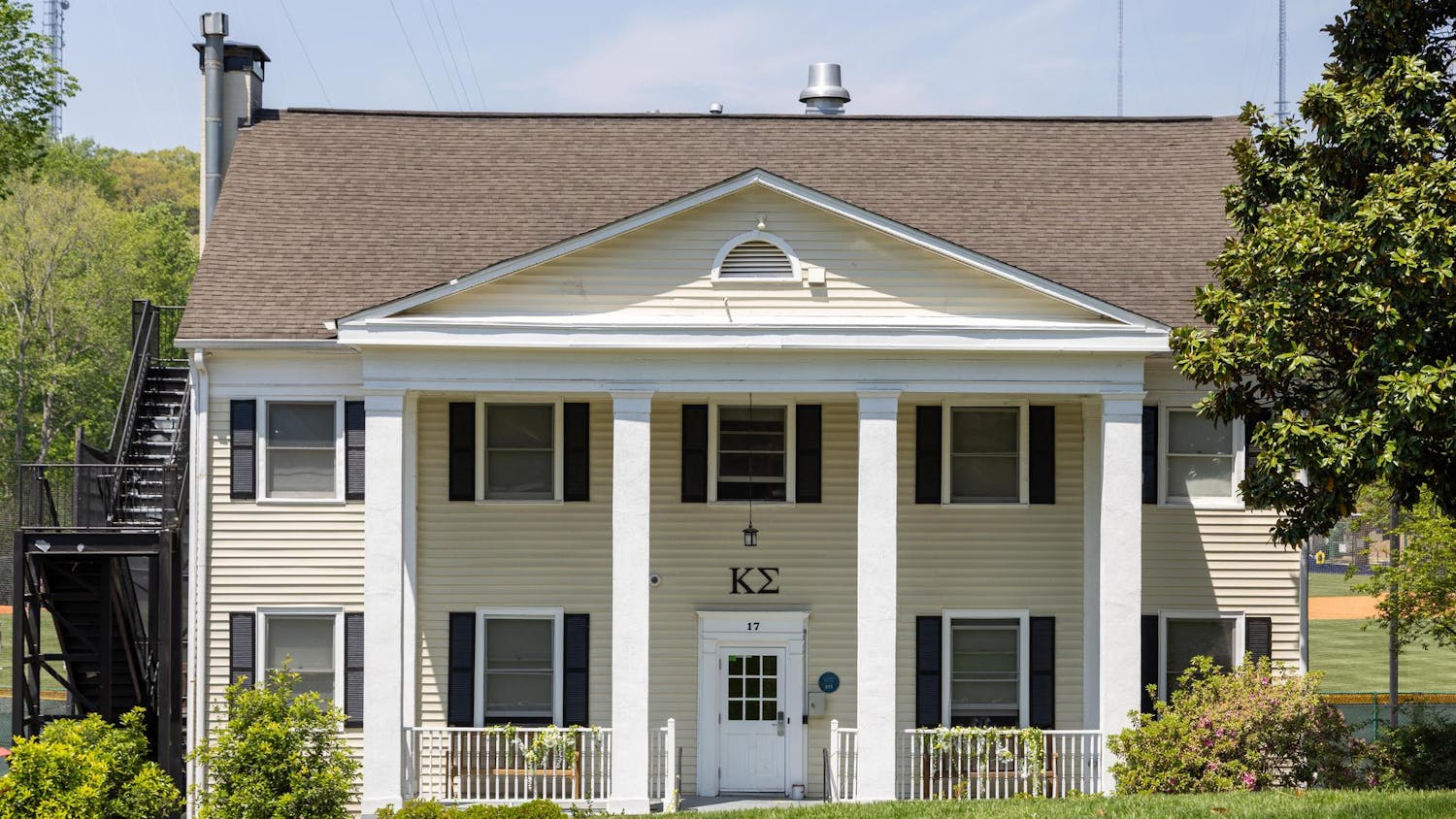In 2013, the National Association for the Advancement of Colored People (NAACP) at Emory actively commented on national events, organized cultural events for Black History Month and hosted the annual Image Awards on campus.
"In previous years, the NAACP [at Emory] has been a phenomenal organization," College sophomore Chelsea Jackson said.
But due to passive administration, the NAACP at Emory did not actively organize programming for minorities across campus for the past two years. Now, Interim President and College senior Abigail Rivera, Chelsea Jackson — who is the organization’s Programming Coordinator — and the rest of the executive board plan on increasing their visibility as an organization by bringing back these events.
"We really want to get back to what the essence of what the NAACP is on a national level," Jackson said. “And that is a political organization used to pursue social justice.”
Emory’s NAACP chapter is part of the larger national organization, which works to ensure all individuals have equal rights without discrimination based on race. Founded in the early 1900s, the NAACP organization combats social and economic inequality stemming from racial prejudice even today, including the acquittal of George Zimmerman in the Trayvon Martin case.
The Emory chapter, to support the vision of the NAACP, hopes to pass out literature to raise awareness and organize protests, sit-ins and die-ins.
“I like the events that they have had thus far,” said College senior Cas Campbell, a member of the organization. “This year, they’re really focused on programs and increasing membership. I think they’ve been building off of last year.”
Half of the $30 dues of the Emory NAACP chapter will go to the parent organization, while the other half will be used as funds for the college chapter.
“We want people to know that to be part of the NAACP, you’re an activist on campus," Rivera said. "This is not just a club — this is an organization.”
The NAACP has brought back many events across campus, including Blackout Weekend hosted by the Black Student Alliance (BSA) on the last Saturday of August during Weeks of Welcome. A meet-and-greet with black faculty hosted by the Emory NAACP is scheduled for next Monday.
“Right now I’m just trying to pick it back up," Rivera said. "The pieces are scattered, and I’m just trying to catch them all and, you know, make this happen.”
Additionally, the annual Emory Image Awards will be brought back in April after a two-year break due to lack of funding. Faculty, staff and students are recognized for their work in racial justice.
Jericho Brown, assistant professor of creative writing and English at Emory, was nominated for his outstanding work in poetry at this year’s national 46th NAACP Image Awards in the spring.
The executive board also hopes to add new programming, such as a trip to the National Center for Civil and Human Rights, Social Sundays in November and Black History Month in February. Additional events will be announced throughout the year and at meetings, which alternate between Tuesday and Wednesday at 6:30 p.m. once a month.
Since last year’s executive board did not apply for funding with College Council, the executive board this year had to reach out to administration offices to acquire funding.
The board was able to secure about $2,500 from the Office of the President, Office of Campus Life and Office of Equity and Inclusion to cover the costs of events.
Jackson emphasized the importance of community involvement — regardless of race.
“We really, really want students who are interested in political mobilization to take a serious look at NAACP,” Jackson said. "NAACP is an organization that isn’t meant to be exclusive. You don’t have to be black to be a member of the NAACP … If you’re interested in racial justice, social justice, there’s a place for you.”









